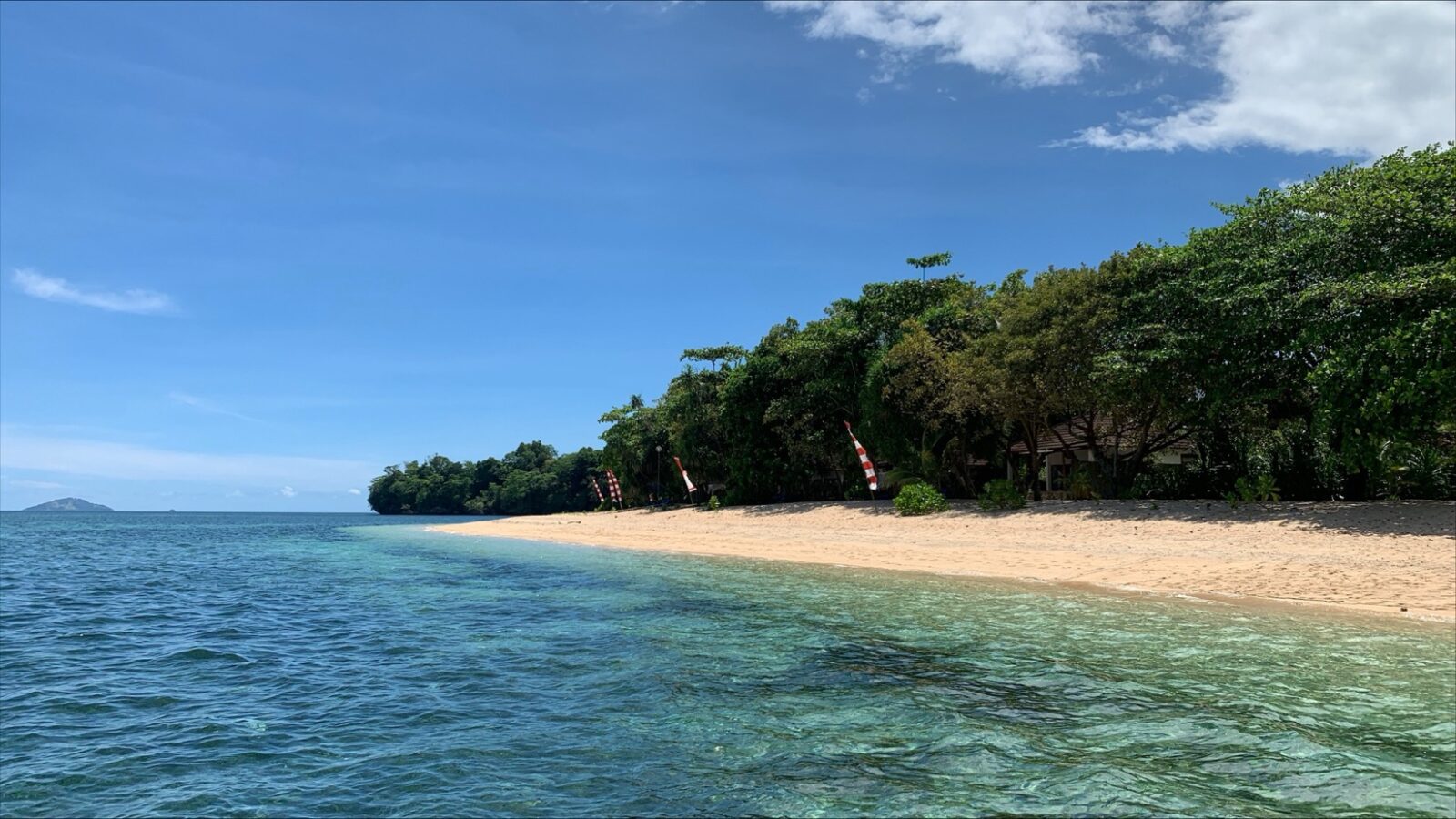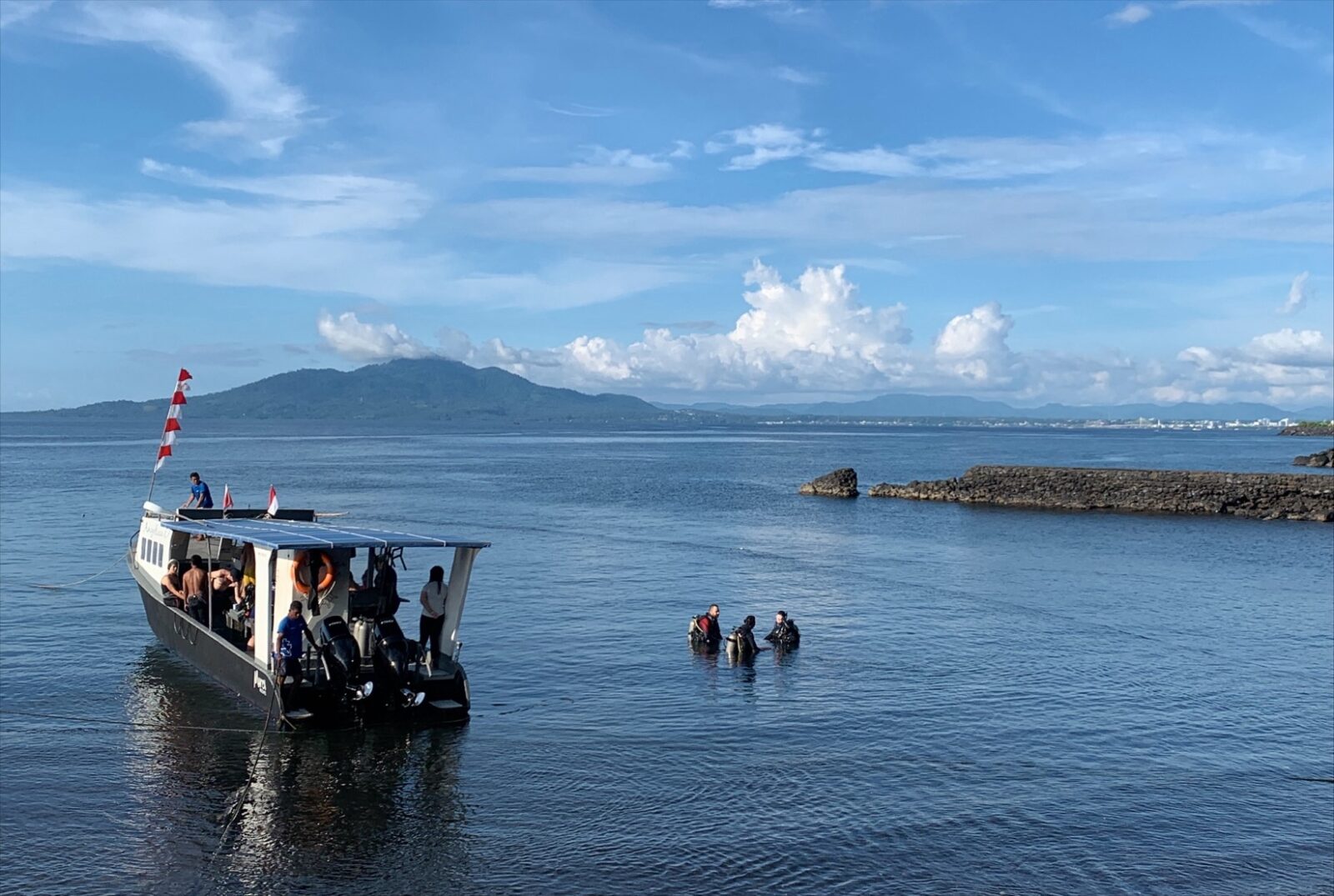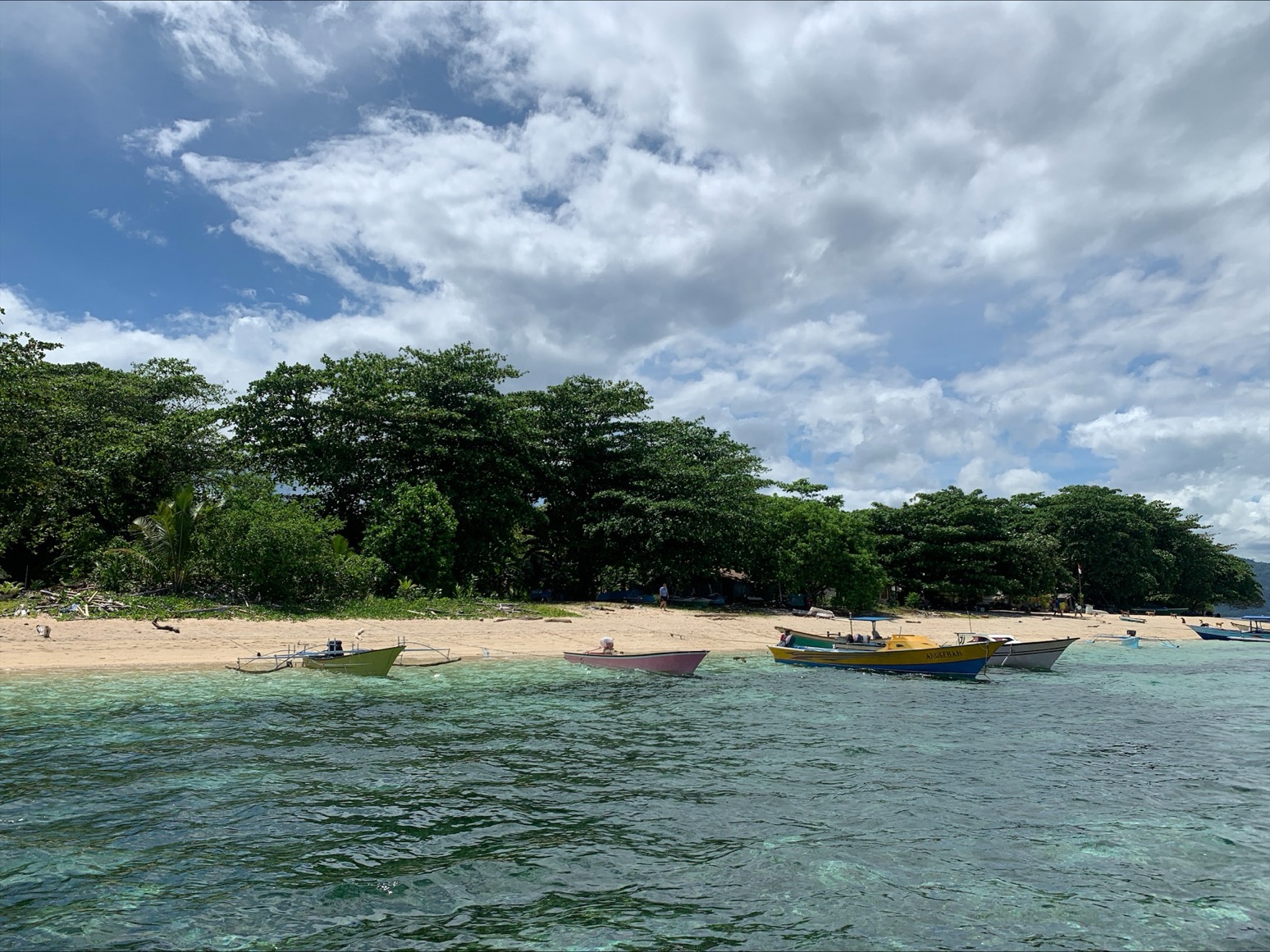Anita Lateano PhD


Divers above the reef in Bunaken National Park, North Sulawesi, Indonesia, August 2024

Regeneration for Who? An ethnography of coral reef restoration practices in Bunaken National Park
Supervisors: Stroma Cole, Lindsay Bremner, John Zhang
THE 2018 IPCC report predicts that if we reach 2ºC warming, all coral reefs will be lost by 2100. Whereas marine conservation has historically focused on passive habitat protection, demand for active restoration has been growing. Consequently, the number of coral reef conservation projects using artificial reefs, coral farming practices and even genetically modified coral has increased globally (Bostrom-Einarsson et al. 2020, Higgins, Mataxas & Schelbling, 2021). However, many of these conservation practices are short-term and lack clear monitoring and reporting, putting into question their viability for meaningful restoration (Bostrom-Einarsson et al. 2020).
This research looks specifically at coral reef conservation practices in Bunaken National Park, north Sulawesi, Indonesia, home to a number of coral restoration projects and an area famed globally as a site of high coral reef biodiversity. Across Indonesia, coral reef conservation practices are organised by a diverse range of governmental, NGO, private and community-led organisations, but less than a fifth of them have any kind of post-installation monitoring framework (Razak et al. 2022).
Through this research, this new industry will be approached anthropologically to understand the impacts of coral reef conservation within the communities present in Bunaken National Park. By taking a multispecies approach, it aims to understand the role of the reef itself in conservation, alongside marine scientists, NGOs, governments, local and Indigenous communities, private and community-led organisations, as well as the part visitors and tourists play to offer new perspectives on an emerging industry, questioning – and exploring – what is meaningful coral reef restoration, and how we can work together to achieve it.
